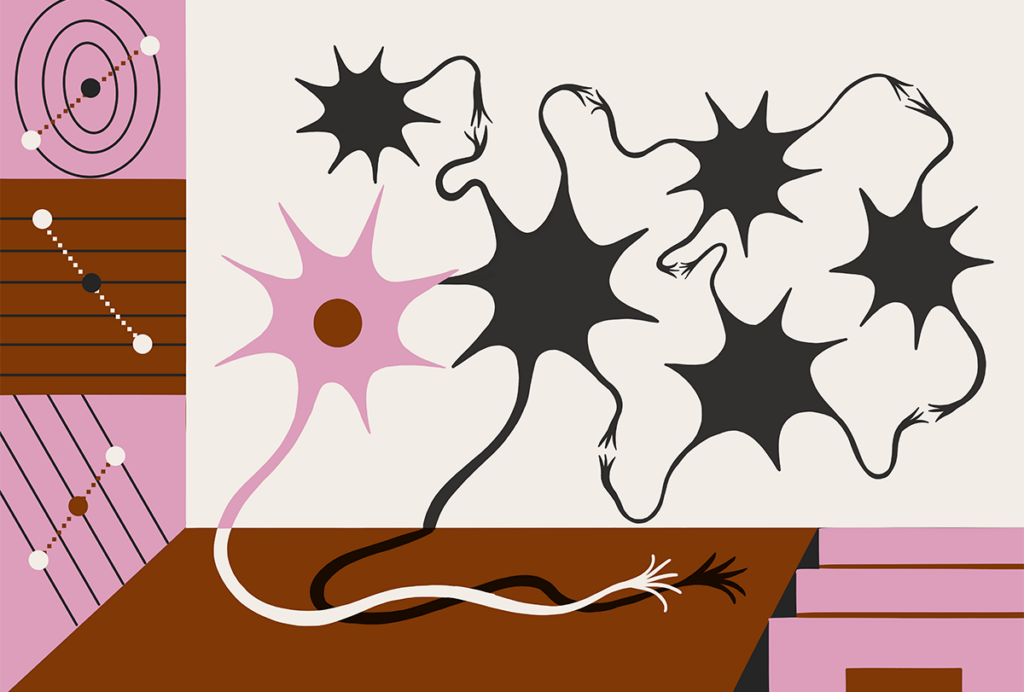The Transmitter: Neuroscience News and Perspectives
Featured
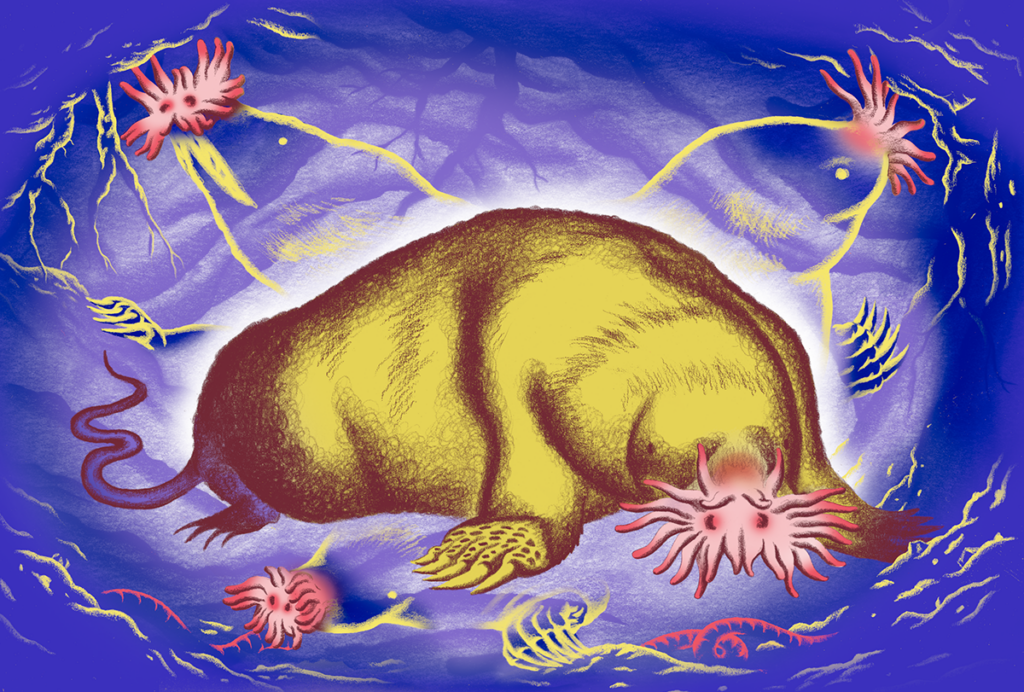
Neuro’s ark: Understanding fast foraging with star-nosed moles

NIH scraps policy that classified basic research in people as clinical trials
Largest leucovorin-autism trial retracted
Today’s action potentials
”People have looked for 25 years to find what diversifies the dorsal horn. — ARIEL LEVINE, SENIOR INVESTIGATOR, U.S. NATIONAL INSTITUTE OF NEUROLOGICAL DISORDERS AND STROKE
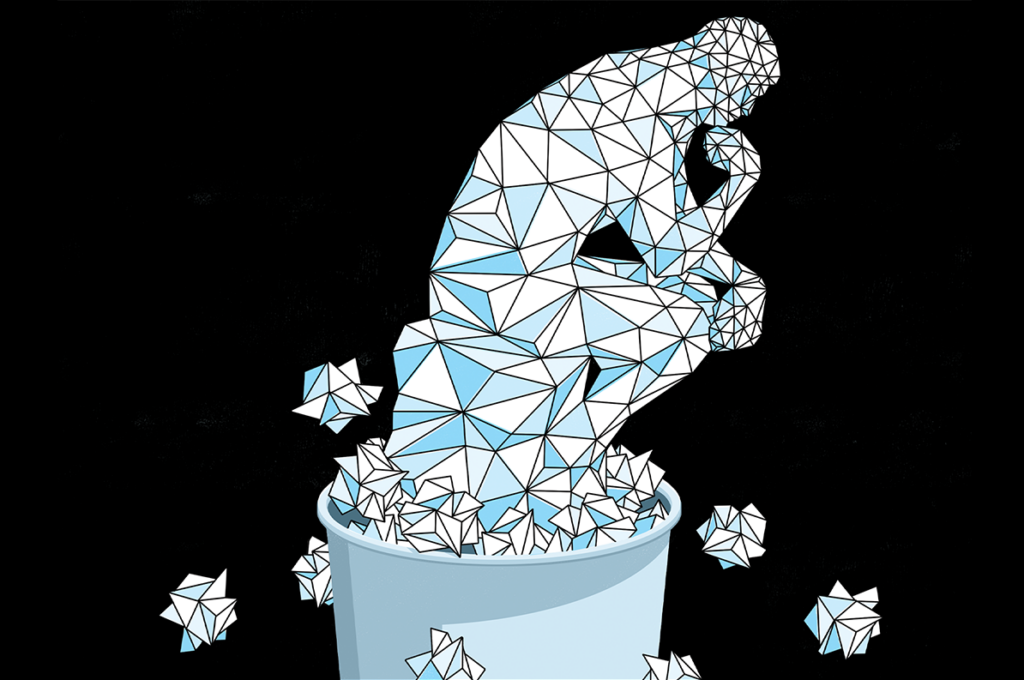
Betting blind on AI and the scientific mind
Why emotion research is stuck—and how to move it forward
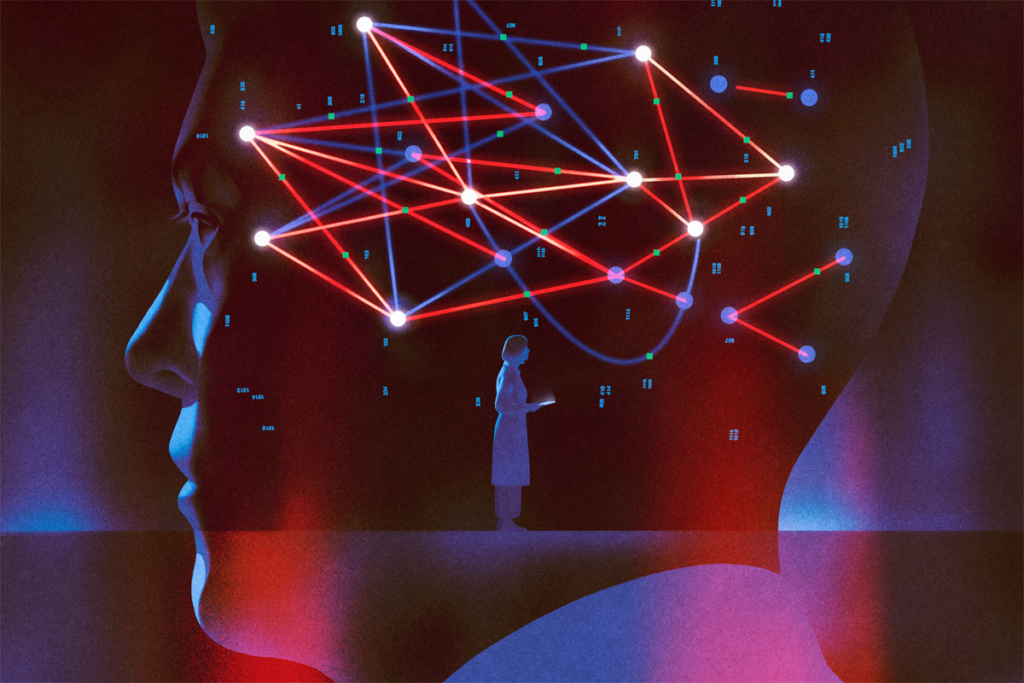
Computational psychiatry needs systems neuroscience
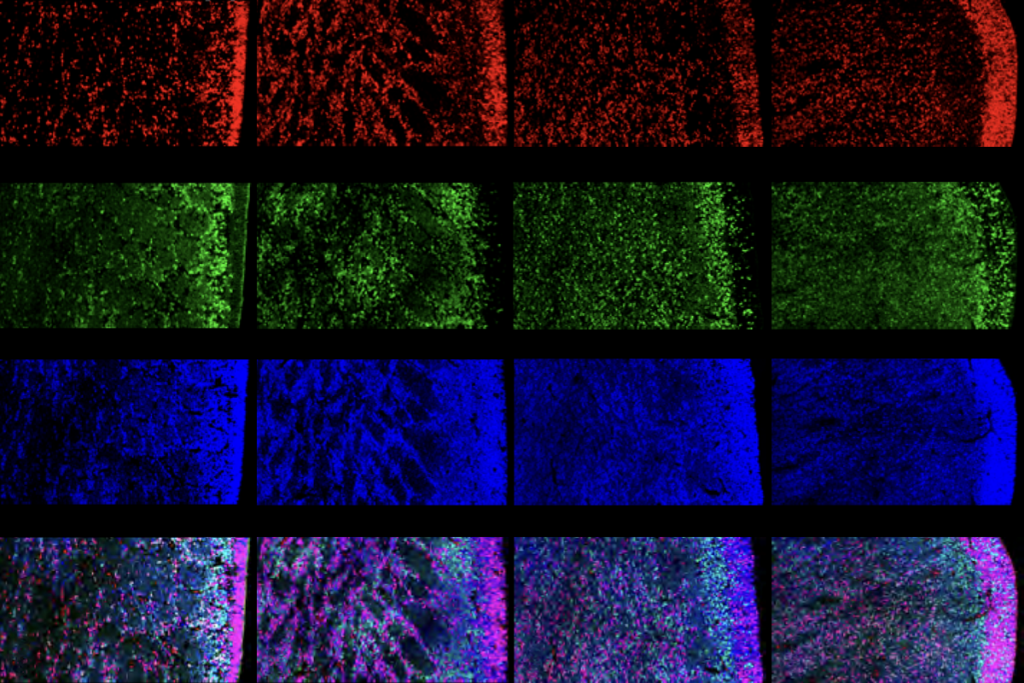
‘Tour de force’ study flags fount of interneurons in human brain
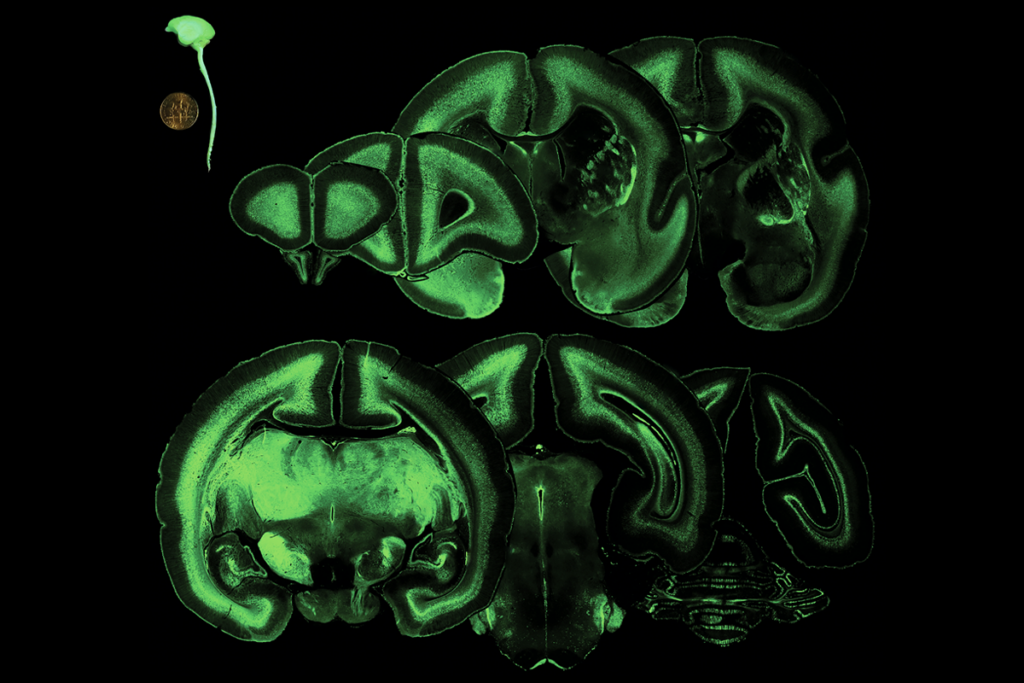
Prenatal viral injections prime primate brain for study
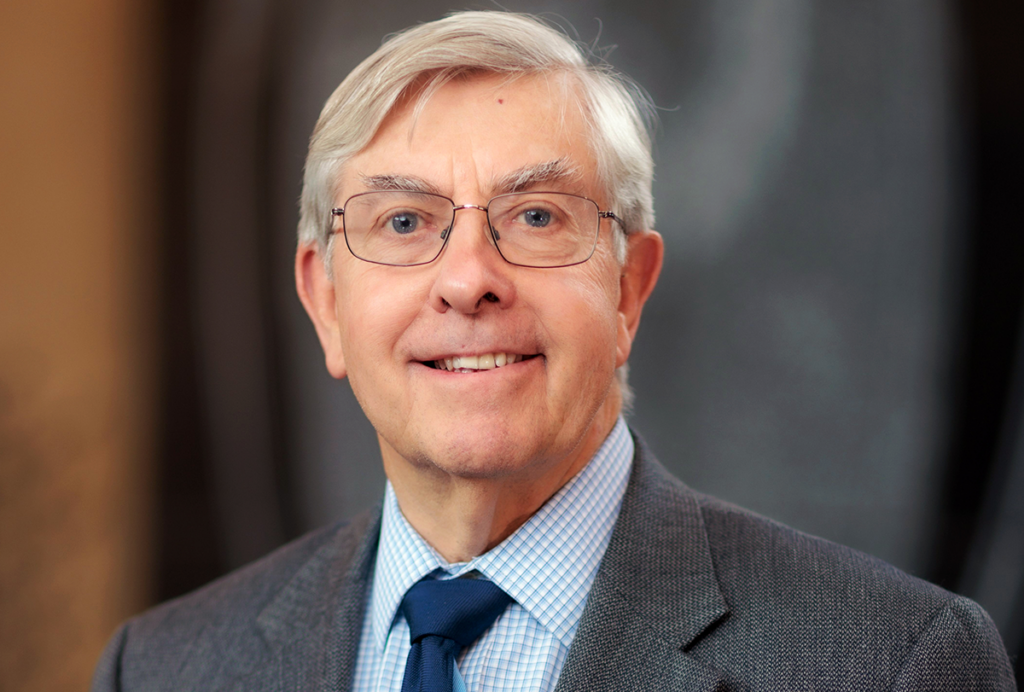
‘Peer review is our strength’: Q&A with Walter Koroshetz, former NINDS director
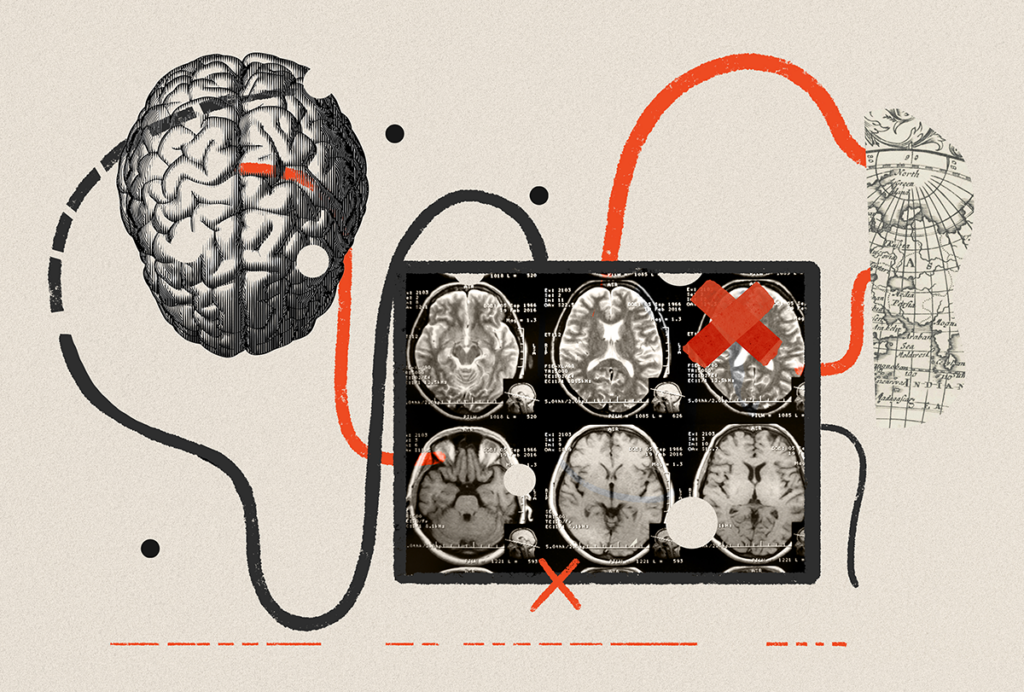
BRAIN Initiative researchers ‘dream big’ amid shifts in leadership, funding
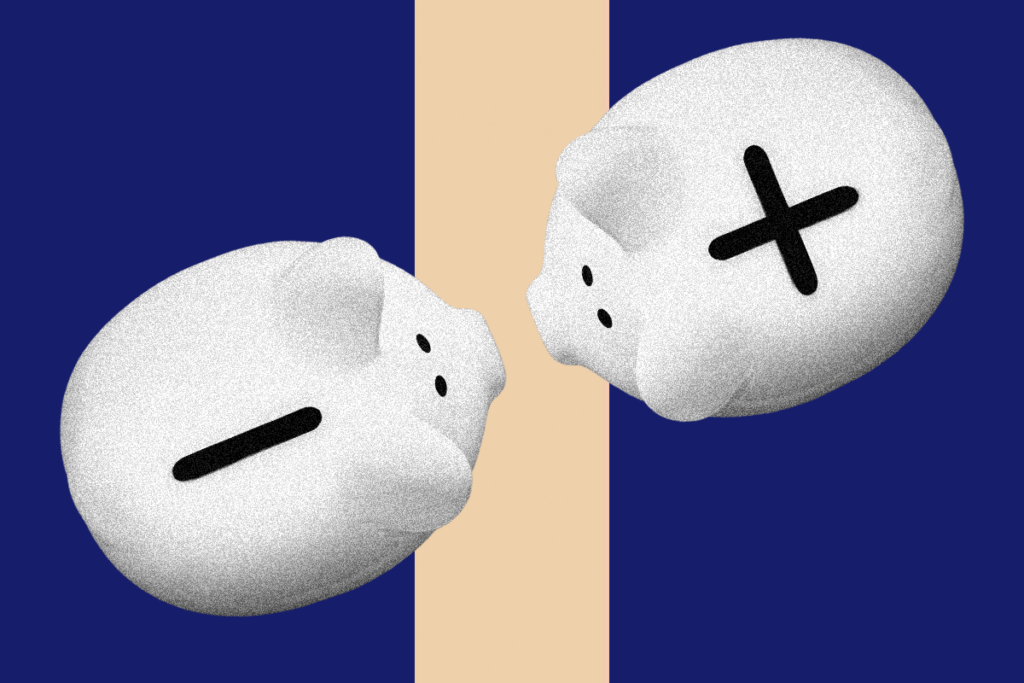
Neuroscience, BRAIN Initiative gain budget in ‘bad’ NIH funding bill

Neuroscience’s leaders, legacies and rising stars of 2025
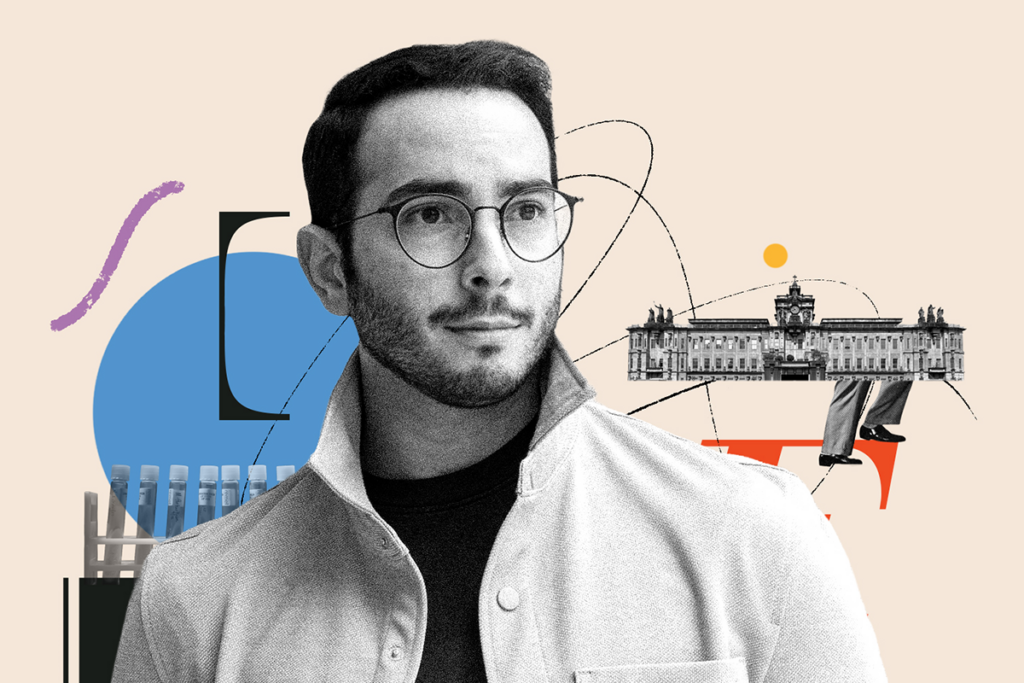
Frameshift: At a biotech firm, Ubadah Sabbagh embraces the expansive world outside academia
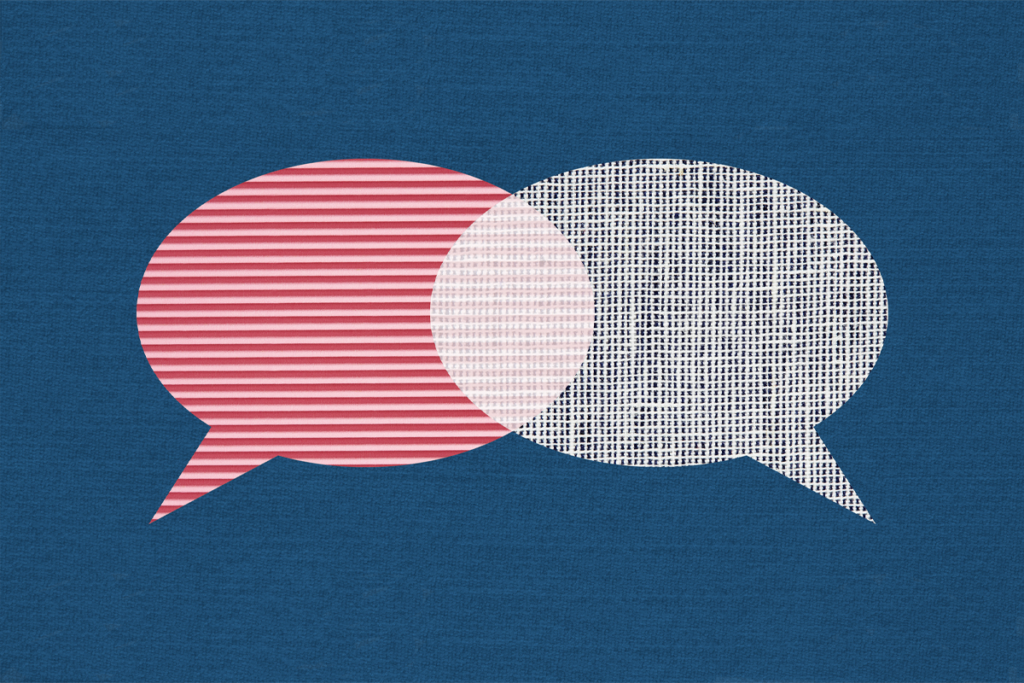
Talking shop: The Transmitter’s top quotes of 2025

Frameshift: Shari Wiseman reflects on her pivot from science to publishing
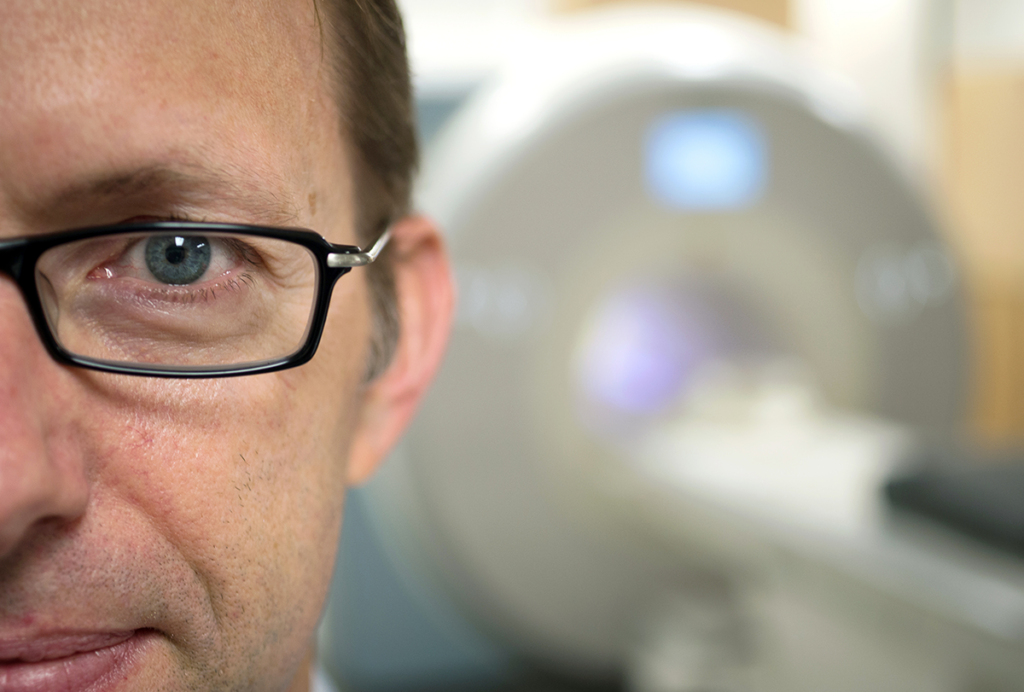
A brief history of precision self-scanning
When a researcher solved a logistical problem by going rogue, the idea proved remarkably infectious.

The state of neuroscience in 2025: An overview
The Transmitter presents a portrait of the field through four lenses: its focus, its output, its people and its funding.
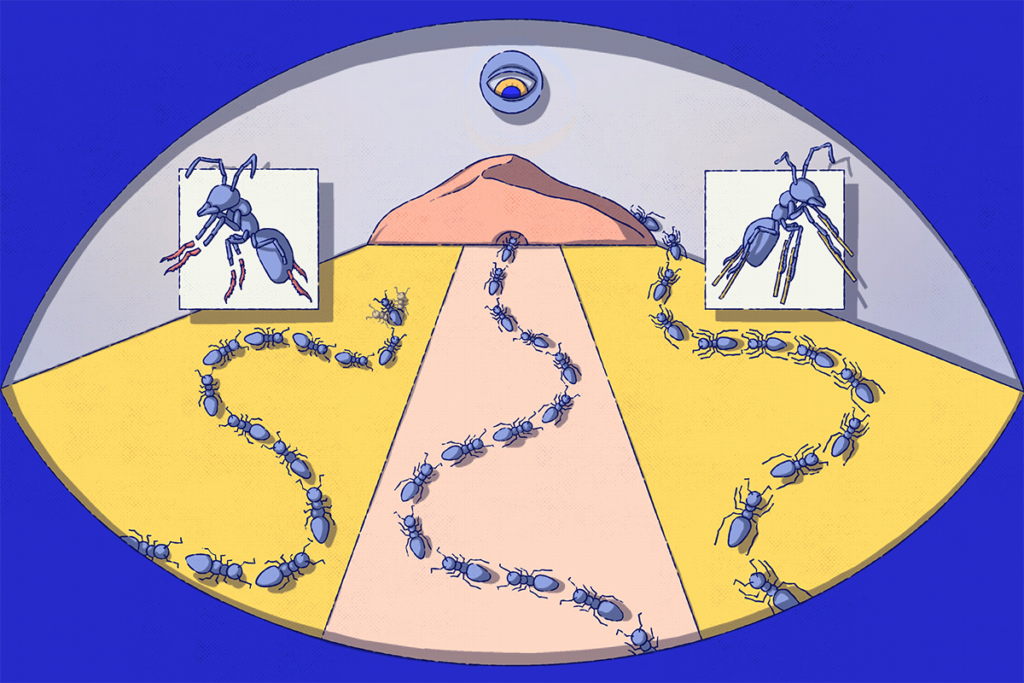
This paper changed my life: John Tuthill reflects on the subjectivity of selfhood
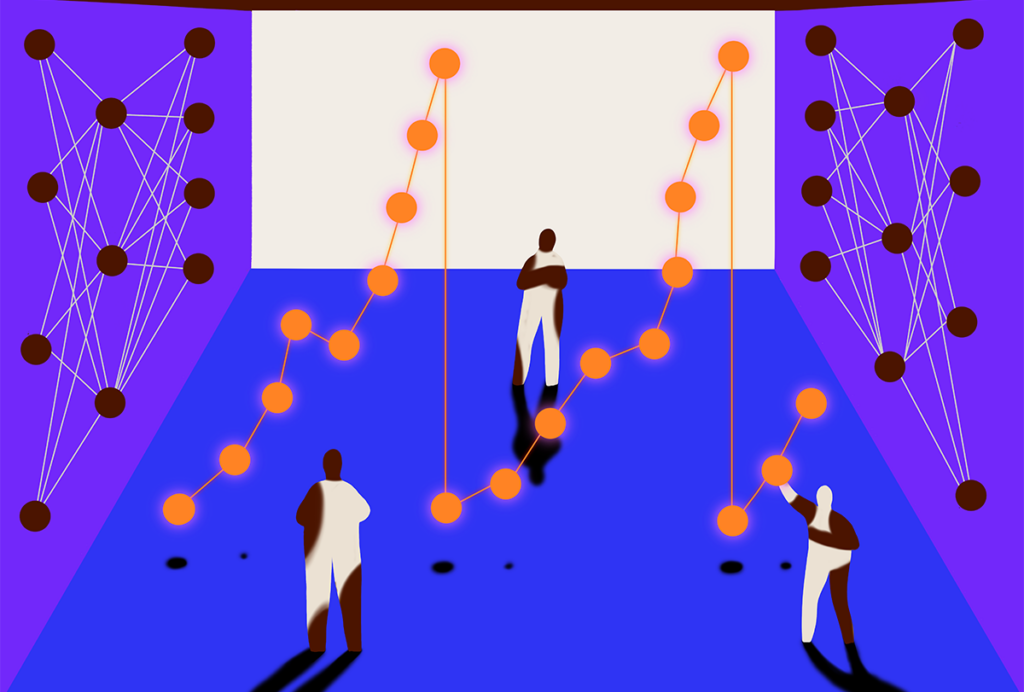
The best of ‘this paper changed my life’ in 2025

The Transmitter’s most-read neuroscience book excerpts of 2025

The Transmitter’s top news articles of 2025
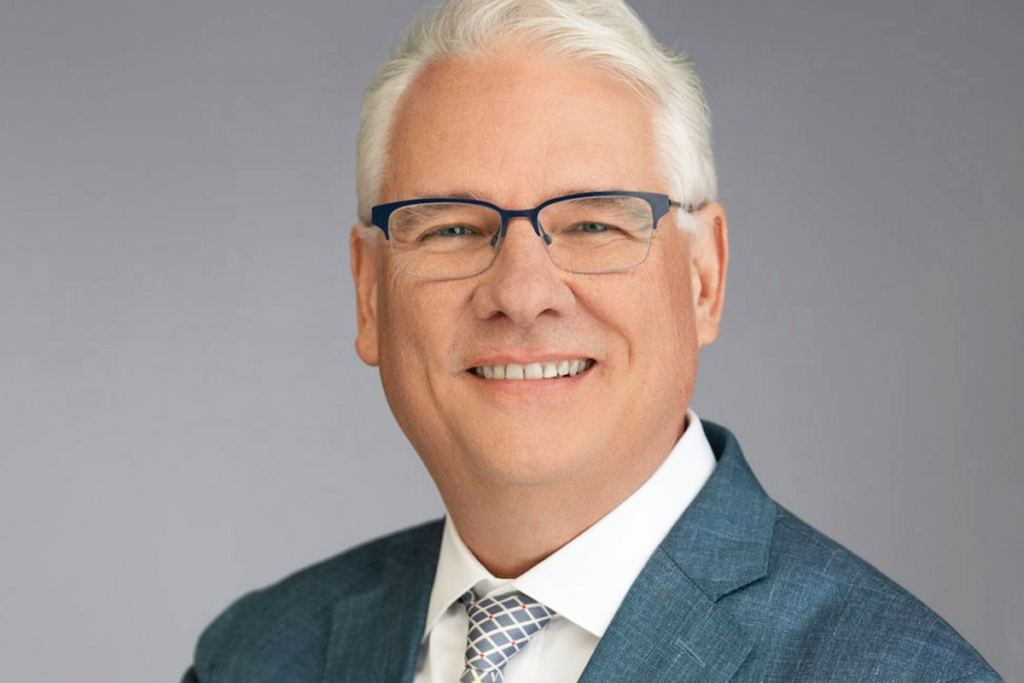
A change at the top of SfN as neuroscientists gather in San Diego

The Transmitter ’s Rising Stars of Neuroscience 2025
We recognize the outstanding achievements of 25 neuroscientists who stand to shape the field for years to come.
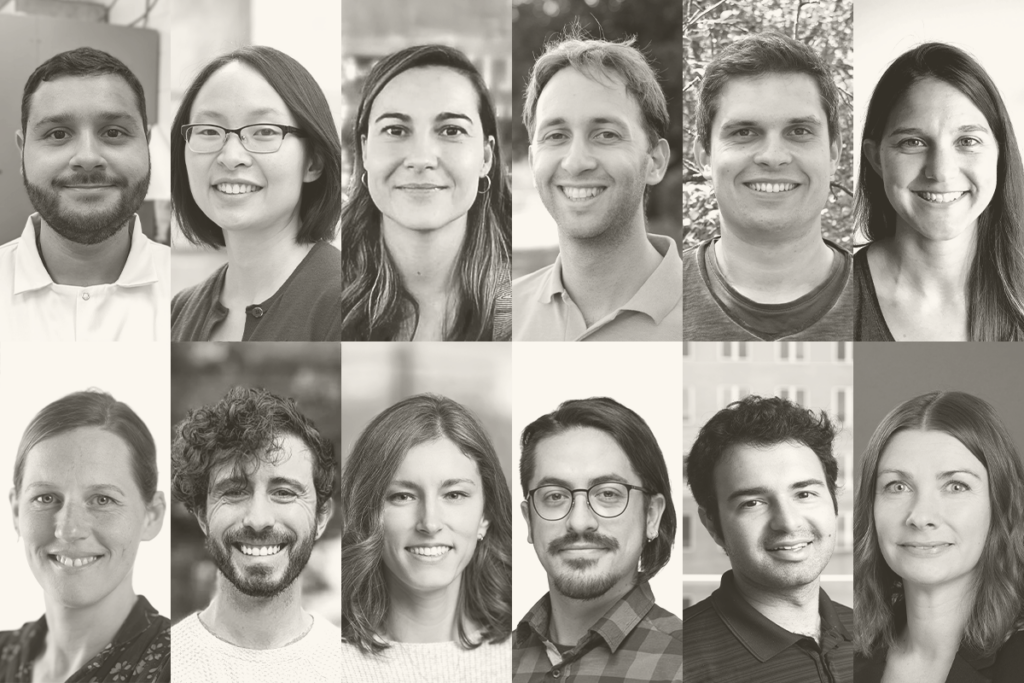
The Transmitter’s New Lab Directory
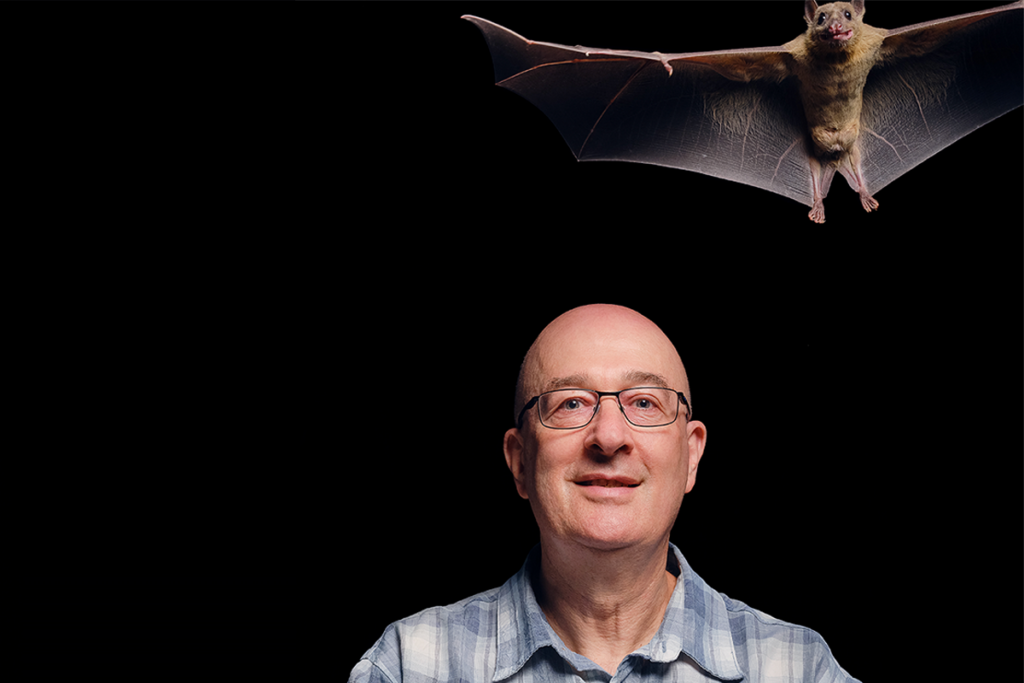
Diving in with Nachum Ulanovsky
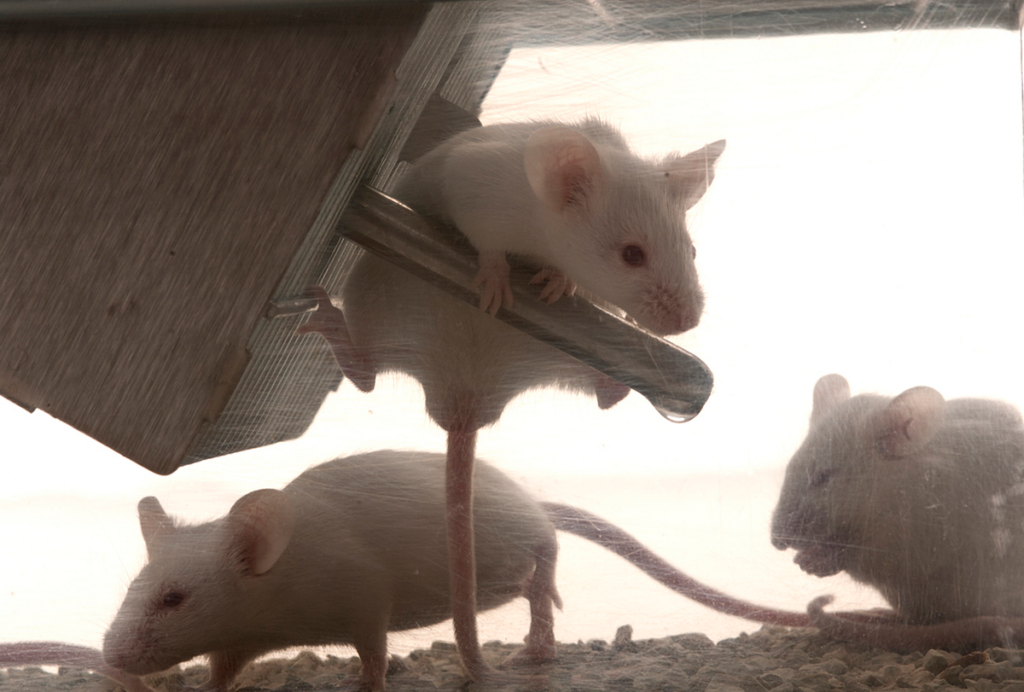
Cracking the neural code for emotional states

Remembering Adam Kampff, neuroscience educator and researcher
Psilocybin rewires specific mouse cortical networks in lasting ways
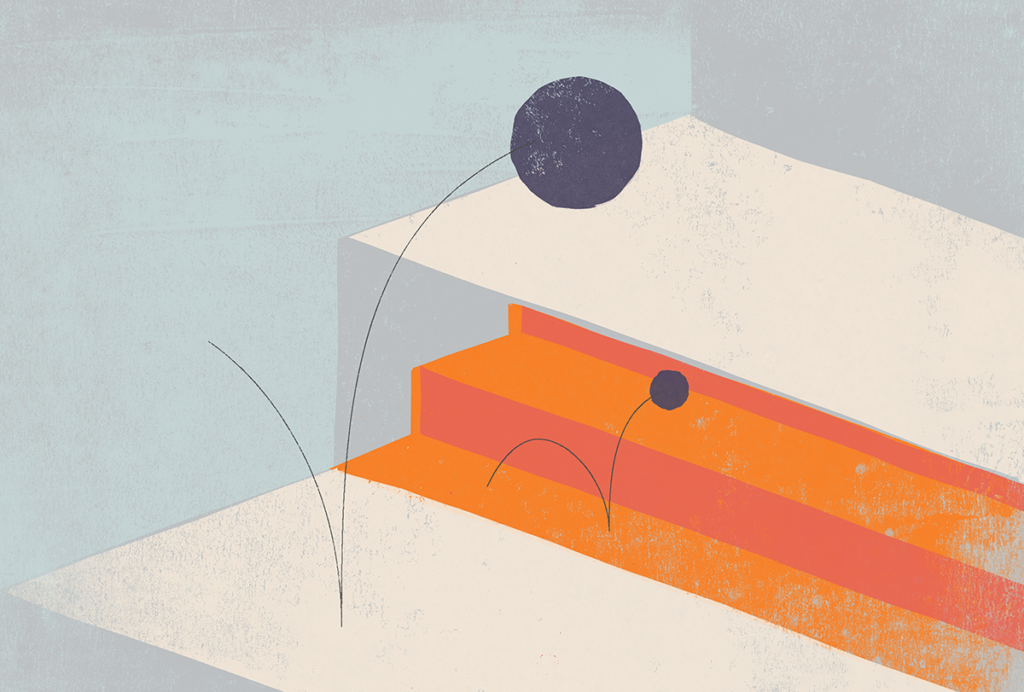
What are the fastest-growing areas in neuroscience?
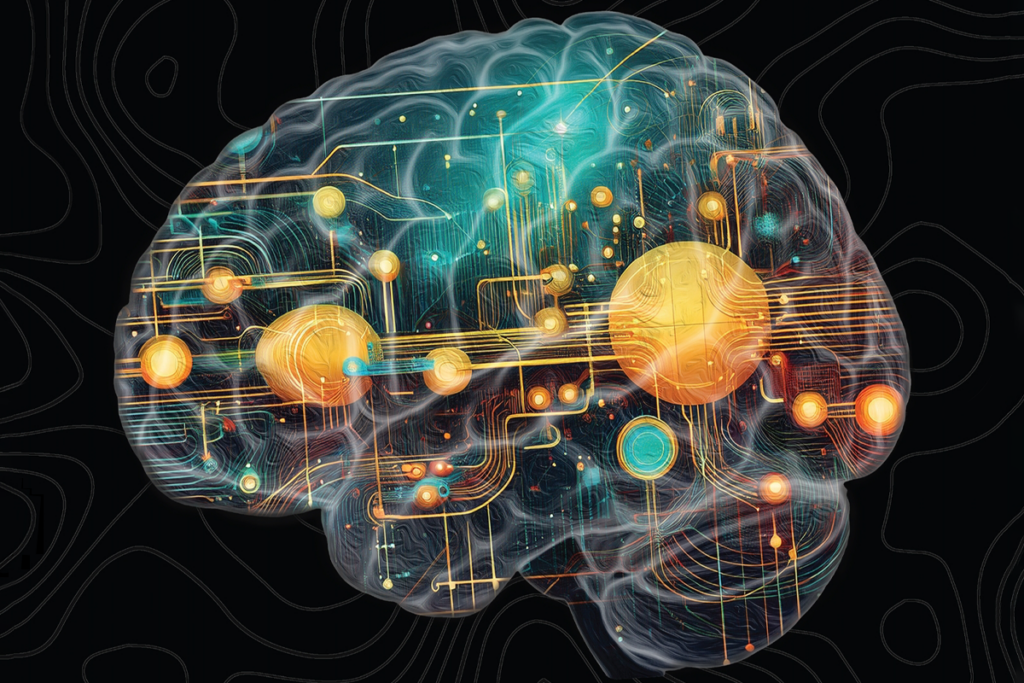
‘Wired for Words: The Neural Architecture of Language,’ an excerpt
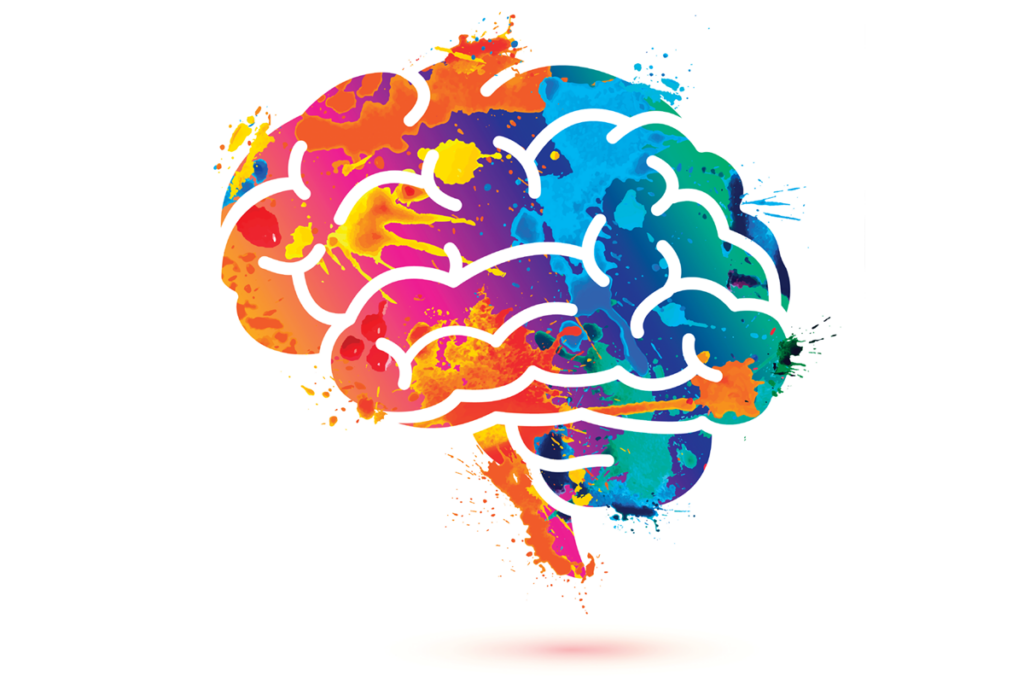
‘Neuroethics: The Implications of Mapping and Changing the Brain,’ an excerpt
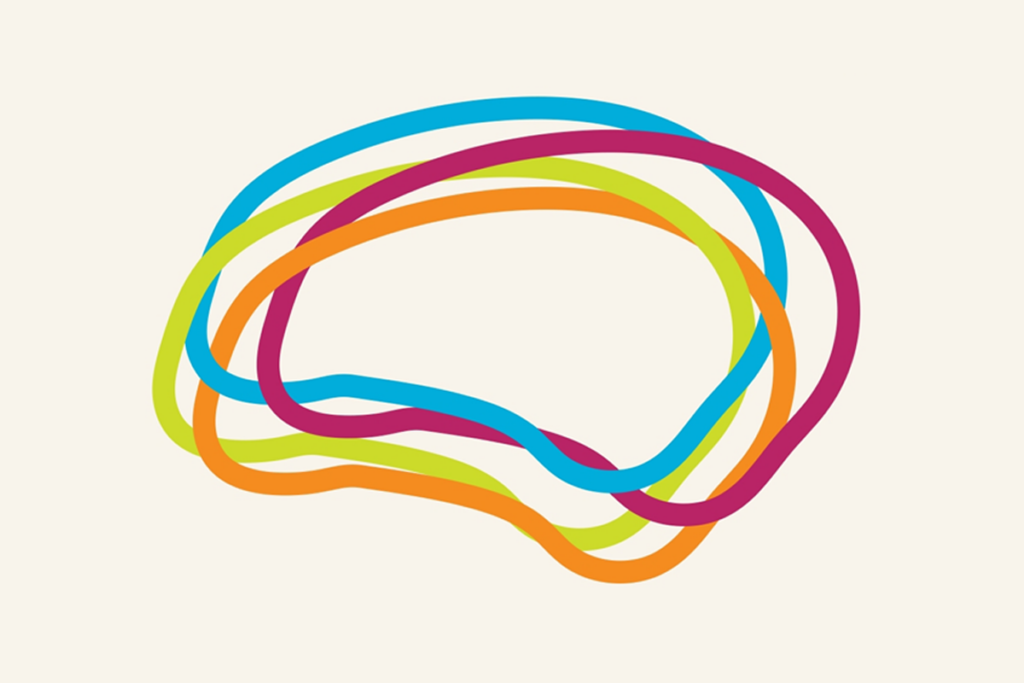
‘How to Change a Memory: One Neuroscientist’s Quest to Alter the Past,’ an excerpt

The visual system’s lingering mystery: Connecting neural activity and perception
Figuring out how the brain uses information from visual neurons may require new tools. I asked 10 neuroscientists what experimental and conceptual methods they think we’re missing.
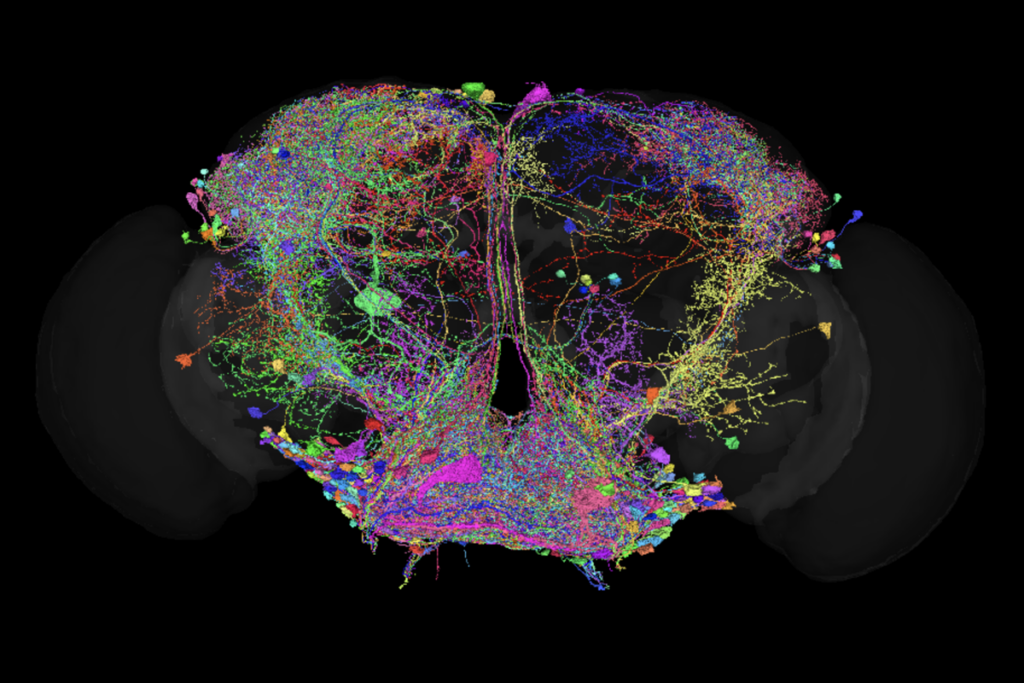
One year of FlyWire: How the resource is redefining Drosophila research
We asked nine neuroscientists how they are using FlyWire data in their labs, how the connectome has transformed the field and what new tools they would like to see in the future.

